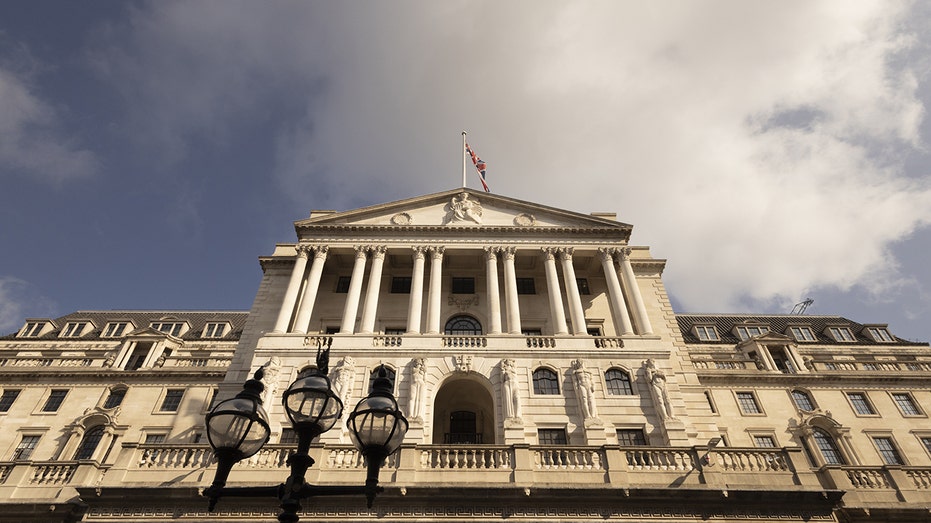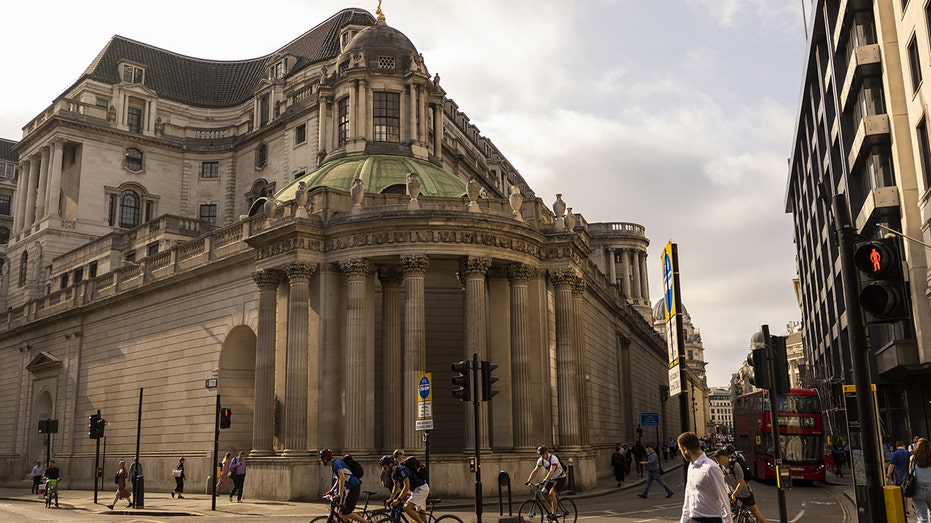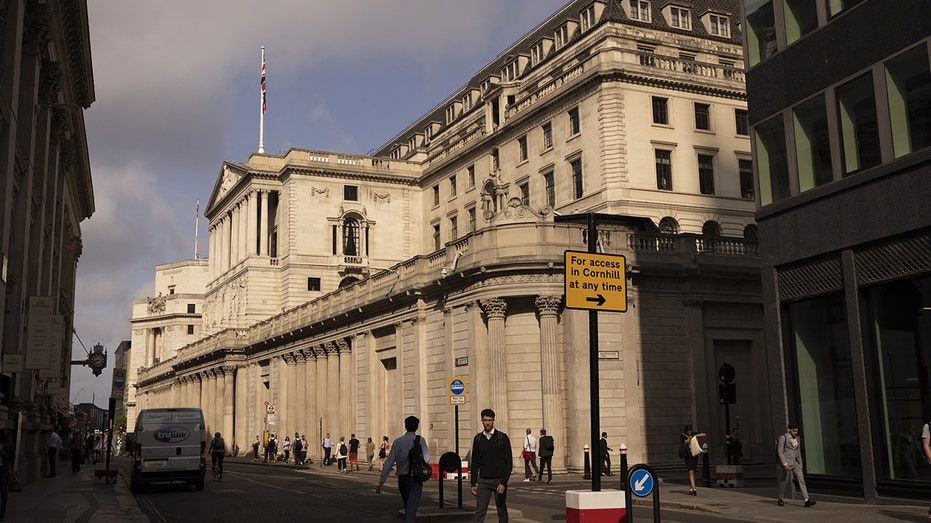Inflation remains steady in UK despite expectations, borrowers brace for more expensive loans
Rising prices for flights, recreational and cultural goods and services, and used cars kept the inflation rate unchanged
The recession could go deeper depending on the Fed's interest rates: Jon Najarian
Market Rebellion co-founder Jon Najarian explains why consumers will face more pressure on 'Kudlow.'
Inflation in the U.K. remains historically high and failed to fall as experts predicted, according to official figures Wednesday, forcing borrowers to brace themselves for further increases in borrowing rates.
Experts anticipated inflation would fall to 8.4% in May, but the Office for National Statistics said inflation remained steady at 8.7% for the year. This discrepancy will likely prompt the Bank of England to raise the cost of borrowing again Thursday.
While a decline in gas prices helped provide downward pressure, the agency said rising prices for flights, recreational and cultural goods and services, and used cars kept the inflation rate unchanged.
"After last month’s fall, annual inflation was little changed in May and remains at a historically high level," said Grant Fitzner, the Office for National Statistics' chief economist.
FED PAUSES INTEREST RATE HIKES, BUT HIGH MORTGAGE RATES COULD BE HERE TO STAY

The squeeze on finances for thousands of British homeowners is set to intensify after a key rate on mortgage borrowing climbed to its highest level since December. (Jason Alden/Bloomberg via Getty Images / Getty Images)
Financial markets think the news of the defiant rate will mean an increased benchmark interest rate from the Bank of England. The current 4.5% – a 15-year high – could jump by a quarter-point to 4.7%.
"This makes a rate rise by the Bank of England this week near certain and materially increases the likelihood of further rises well into autumn," said Debapratim De, a senior economist at Deloitte.
MORTGAGE CALCULATOR: SEE HOW MUCH HIGHER RATES COULD COST YOU
Some economists think the bank could announce a larger increase, potentially raising it to 5%, as it attempts to push inflation back down to around 2%. Higher interest rates help lower inflation by limiting the borrowing of households and businesses. Less borrowing usually means less spending, and thus, reducing demand for goods, and subsequently dropping their prices.

As many as 1.4 million homeowners with fixed-rate mortgages are expected to see an end to their rates this year. (Jason Alden/Bloomberg via Getty Images / Getty Images)
Any increase will be felt by financial institutions as well, who will increase their own lending rates for loans and mortgages accordingly.
Homeowners who have fixed mortgage rates will likely be cushioned by the increases. However, those who have fixed-rate terms expiring in the coming months are facing a different scenario.
"It’s a ticking time bomb as 1.4 million borrowers will see an end to their low fixed rates this year," said Jamie Elvin, director at mortgage broker Strive Mortgages.

The Bank of England has aggressively raised borrowing rates over the past 18 months to combat a spike in inflation. (Jason Alden/Bloomberg via Getty Images / Getty Images)
Contrary to the United States where homeowners often fix their mortgage rates for 30 years, many homeowners in the U.K. get a fixed rate just a few years. When these agreements expire, they move to their lender’s usually higher variable rate or they seek out other deals.
GET FOX BUSINESS ON THE GO BY CLICKING HERE
The Bank of England has aggressively raised borrowing rates over the past 18 months to combat a spike in inflation prompted by global issues like the coronavirus pandemic and Russia’s invasion of Ukraine.
The Associated Press contributed to this report.




















